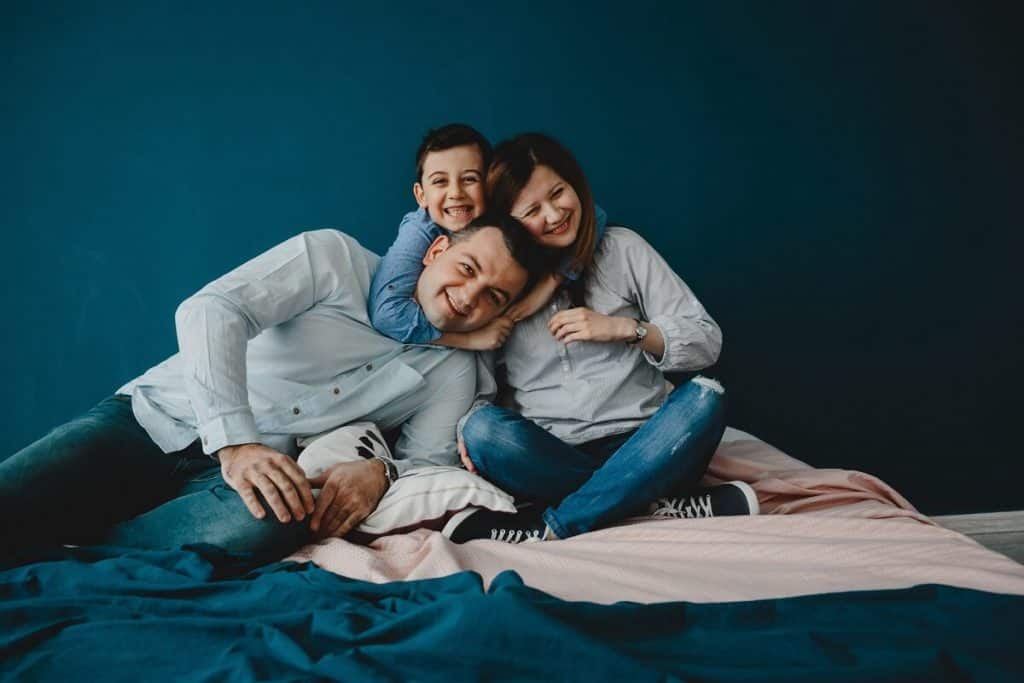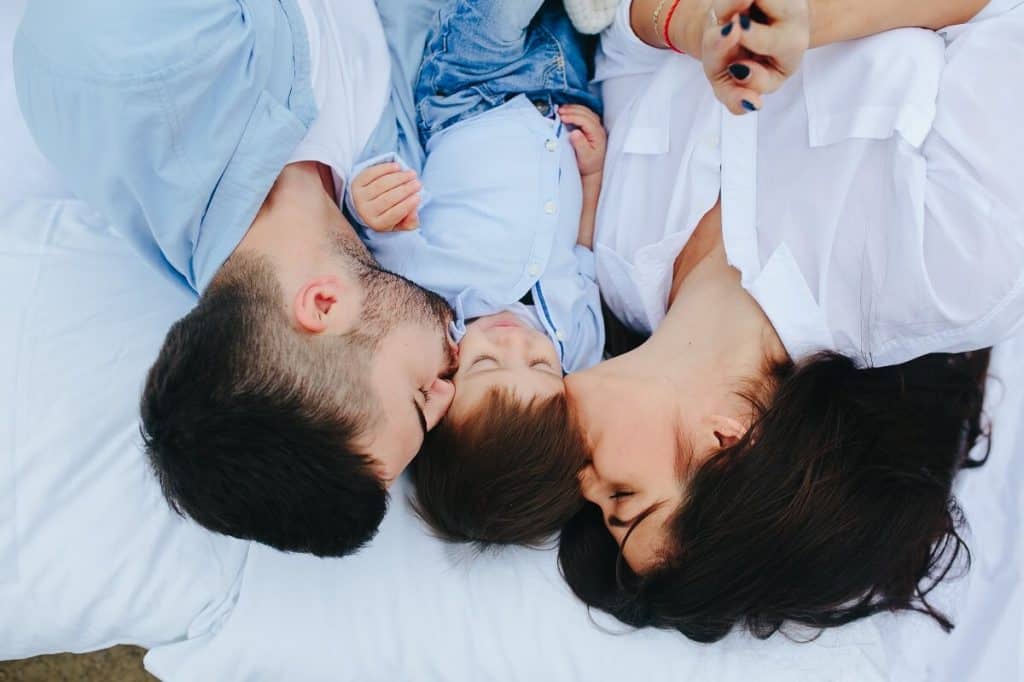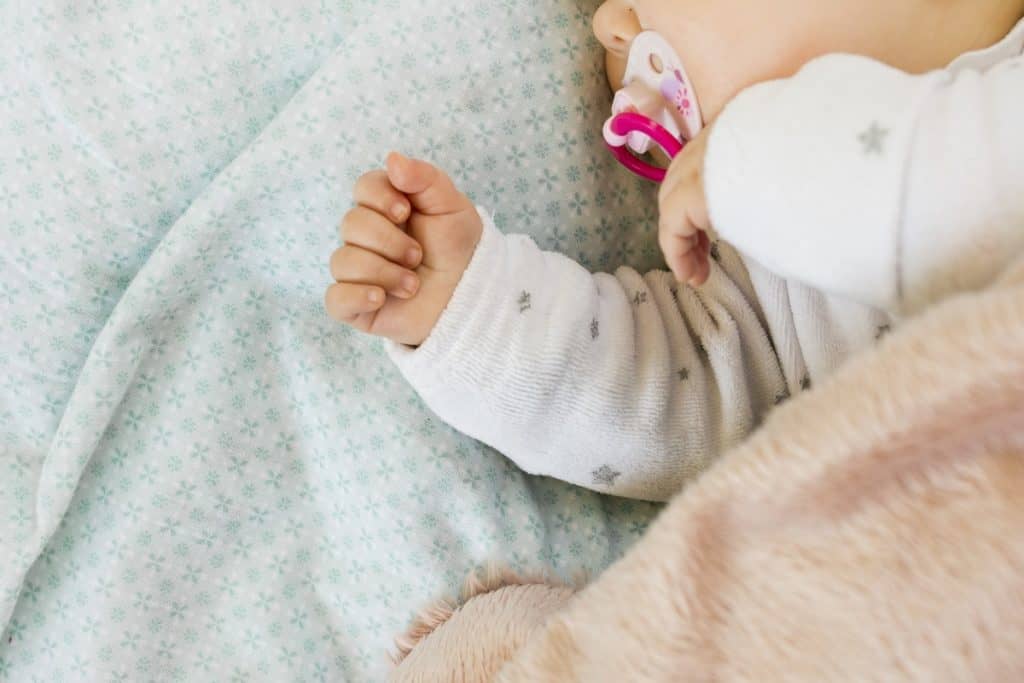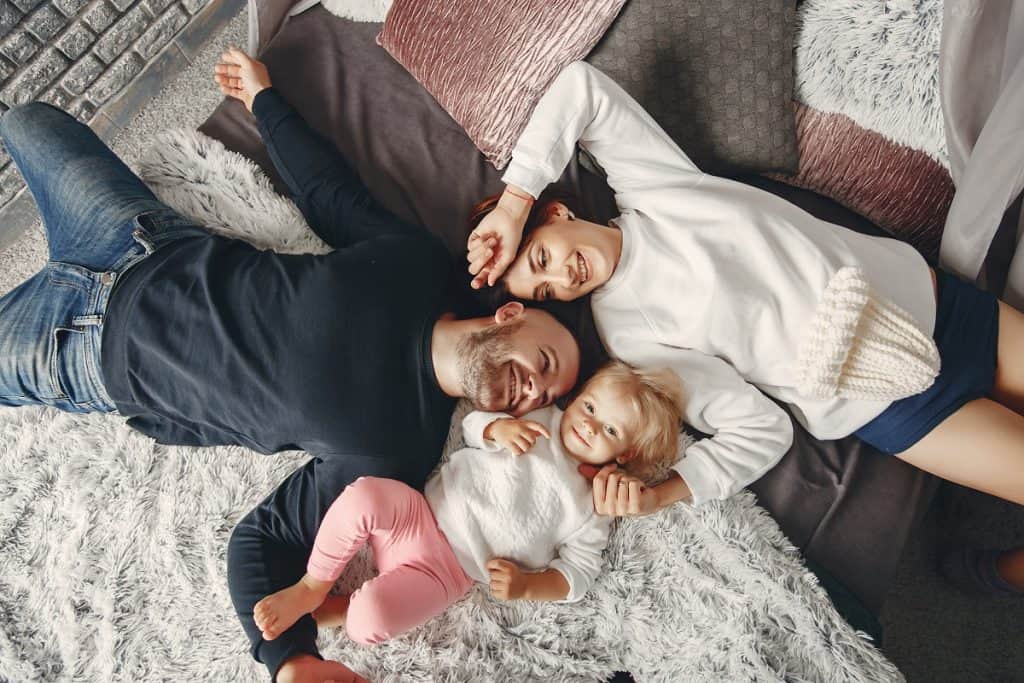
If you’re a new parent, you’re definitely dealing with sleepless nights due to frequent awakenings of your baby. Sleep deprivation of new parents doesn’t end up to six years after their child’s birth.
According to a research done by Sleep at Oxford, there’s a huge decrease in sleep fulfillment and duration during the first few months postpartum. This happens to both first-time and experienced parents. What’s more, the mothers and fathers in the study did not fully recover their sleep satisfaction until their children reached six years old.
Finding time to sleep is essential. So, what’s an exhausted parent to do?

Effects of sleep deprivation to parents and babies
Having too little shut-eye leads to sleep deficiency, fatigue, and emotional distress. As parents, you need to be on tip-top shape to care for your newborn. What’s the consequence of having sleep deprivation among moms and dads, and perhaps, their babies too?
Sleepiness can cause car accidents
Going to the doctor soon? New parents often find it a challenge to drive wide awake to take their baby to the pediatrician. Sleep deprivation is a hazardous take on the road. Drowsiness can cause accidents and fatal road crashes.
Reports by Road Safety Australia show 56 road deaths of children ages 0 to 16 years old as of February 2019. Common reasons for fatal accidents are speeding, driver intoxication, and fatigue, and distractions.
Daytime fatigue lowers productivity of working parents
Sleep deprivation causes chronic tiredness which further decreases critical thinking, cognitive processing, and consolidating memory. Of course, being tired can physically slow you down at work and make you cranky around colleagues as well.
It’s no wonder that the Deloitte Access Economics through the Sleep Health Foundation found that sleep loss cost the economy $66.3 billion in 2017. Productivity, motivation, and morale dropped for employees who are parents of newly born babies.
Sleep deprivation means less care for baby
Further sleep loss can mean less care for your child. If you can’t take good care of yourself, you’ll lose the ability to nurture your baby – if you’re tired all the time. Do you know the Pampers Nappies Golden Sleep Survey said that almost 50 percent of Australian babies are sleep deprived?
Two main causes for this is the lack of training babies of proper sleep habits and establishing a sleep routine for them. If you have a tough time catching zzz’s yourself, training babies to sleep will be a lot harder to do.
Sleep loss leads to health problems
Fatigue and lethargy are not the only things you’ll catch with sleep loss. Loss of sleep can lead to further complications like:
1. Heart conditions
2. High blood pressure
3. Diabetes
4. Obesity
5. Stroke
6. Lowering of immune system
Impacts mood and behavior
Not getting enough sleep can aggravate negative feelings and behavior. They’re often linked and feed on each other.
1. Irritability
2. Depression
3. Stress
4. Anxiety
5. Lack of motivation
6. Poor decision-making skills
7. Easily distracted
What’s more, lack of sleep can kill bedroom relationships, ages your skin, and leads to weight gain. Implications of sleep deprivation can be fatal and overwhelming since it can double the risk of death from heart disease.

Understanding sleep patterns of babies
To survive sleep deprivation, you need to understand your newborn’s sleeping patterns to get that zzz’s you want. Babies spend their time sleeping a whole lot of the day and only waking for feedings a couple of hours now and then. It can be tricky since no babies are alike, and parents can’t set a schedule on when or how long should babies sleep.
Newborns sleep almost 9 hours a day and 8 hours at night – The number moves down when you reached your baby’s first year. But babies often wake up every three hours for feeding up to when they’re 3 months old. Some babies will last this phase until they’re a year old.
What’s more, your child’s sleeping patterns might change due to overstimulation of senses or ear infection. Always check up with your doctor and discuss your newborn’s sleep pattern.

Tips to get the best sleep
You can’t avoid sleep loss during the first three months of your newborn’s life. While taking care of your child can be tiresome, there are ways to make it easier during those sleepless nights. Here are tips to get the best sleep:
Sleep when the baby sleeps
Most parents will hear this advice through their doctors, families, and friends. When your newborn dozes off, take every opportunity to sleep – even if it’s around 20 to 30 minutes. You’ll find every shut-eye a blessing and opportunity to rest while you can.
Even if you have a hard time sleeping, try to lie down, breathe, and relax. Don’t think about watching a TV or going on your phone. Shutting your eyes even without sleeping can be rejuvenating.
Ask for help
Enlist your husband’s help when it comes to nightly feedings. If your doctor green lights your baby to be introduced to bottle breastfeeding, you can pump and save your extra juice in a bottle to be fed later on. That way, when the baby wakes up, your husband, mother, family, or nanny can feed the baby through the bottle. You can even have a few extra hours of sleep.
Go out in the sun
Exposure to daylight can reset a person’s circadian rhythm – including your baby’s. What’s more, your newborn can develop a natural sleeping cycle idea for his/her growth and development. Besides, a little walk or exercise can induce better sleep at night.
Practice sleep-inducing activities
You can do meditative practices like taking a bath in warm water, drinking tea, or doing aromatherapy. Put your gadgets down as blue lights can stimulate your brain to keep you awake. You can even take this opportunity to write your to-do lists if you anticipate your baby’s sleep-wake pattern.
Stop relying on caffeine
Many parents rely on caffeine to keep their energy up. However, too much reliance on coffee or sugary sodas can disrupt your body clock. Also, nursing mothers should avoid drinking caffeine while they’re breastfeeding their newborns. About one percent of this substance will enter the bloodstream and gush out through breast milk. Most babies wouldn’t be affected by it, but those hypersensitive ones might become fussy.
Keep baby within arm’s reach
Keep your baby in a bassinet where you can easily reach out to him at night. You don’t need to stand and go to him when he cries out for nightly meals. Many mothers prefer to have their babies close for easier and faster feeding moments.



